Your Complete 2025 Learning Path
Master PHP & Laravel Development
Are you ready to become a professional PHP and Laravel developer? Whether you’re just starting your web development journey or preparing for technical interviews, this comprehensive guide covers everything you need to build modern, scalable web applications and APIs.
Why Learn PHP & Laravel in 2025?
Despite what some developers might say, PHP is far from dead. Powering over 75% of websites worldwide—including WordPress, Wikipedia, and major enterprise platforms—PHP continues to evolve with modern features in PHP 8+. When combined with Laravel, the most popular PHP framework, you unlock a powerful ecosystem for building everything from simple websites to complex API backends.
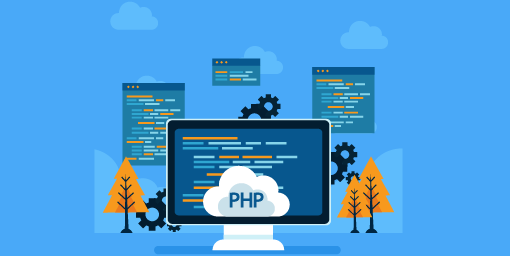
What You’ll Learn:
- Core PHP fundamentals and best practices
- Object-oriented programming in PHP
- Laravel framework from basics to advanced concepts
- Building production-ready REST APIs
- Database management and security
- Authentication and authorization
- Real-world project development
Phase 1: PHP Fundamentals
Master the foundation of PHP development with syntax, variables, functions, and database connectivity. This tutorial covers everything beginners need to start writing clean, functional PHP code. Learn why PHP remains relevant in 2025 and how it powers millions of websites globally.
Key Topics: PHP syntax, data types, control structures, MySQL integration, common pitfalls.
Tired of hearing “PHP is dead” or “PHP can’t scale”? This article debunks the most common misconceptions about PHP with facts and real-world examples. Discover how PHP 8+ with JIT compilation competes with modern languages and why major companies still choose PHP for their infrastructure.
Key Topics: PHP performance myths, scalability facts, security misconceptions, PHP 8+ features.
Object-oriented programming is essential for modern PHP development. Learn about classes, objects, inheritance, interfaces, and traits with practical examples. This guide prepares you for Laravel’s OOP-based architecture and teaches you to write modular, reusable code.
Key Topics: Classes and objects, inheritance, polymorphism, abstract classes, interfaces, traits
Professional developers know how to handle errors gracefully. Master PHP’s exception handling, error reporting levels, and debugging techniques using Xdebug and logging. Learn to build stable applications that fail gracefully and provide meaningful feedback.
Key Topics: Exception handling, error types, debugging tools, production best practices
The web is stateless, but applications need to remember users. Learn how sessions and cookies enable state management in PHP. Master the difference between client-side cookies and server-side sessions, implement secure authentication, and understand how Laravel abstracts these concepts.
Phase 2: Introduction to Laravel

Discover why Laravel dominates the PHP framework landscape.This comprehensive comparison explores Laravel’s advantages over CodeIgniter, Symfony, and other frameworks.Learn about Laravel’s elegant syntax, rich ecosystem, & why developers love working with it.
Key Topics: Framework comparison, Laravel ecosystem, developer productivity, Eloquent ORM

Understand the Model-View-Controller pattern that structures Laravel applications. This tutorial breaks down how data flows through Laravel apps and teaches you to organize code for maximum maintainability and scalability.
Key Topics: MVC pattern, routing flow, controllers, models, Blade views
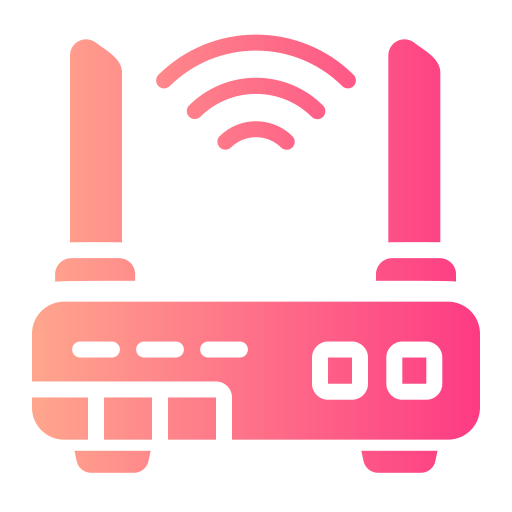
Learn to map URLs to functionality and control request flow with middleware. Master route parameters, named routes, route groups, and built-in middleware for authentication, rate limiting, and security.
Key Topics: Route definition, middleware layers, authentication filters, API routes
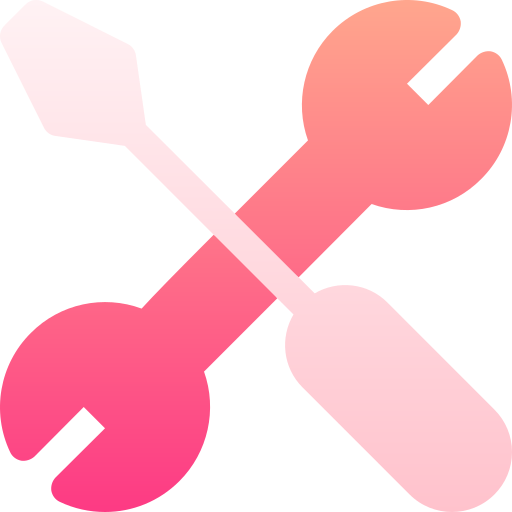
Boost your productivity with Laravel’s command-line interface. Discover how Artisan automates repetitive tasks like generating files, running migrations, and managing your application lifecycle. Create custom commands for your specific workflows.
Key Topics: Artisan commands, code generation, database management, custom commands.
Phase 3: Laravel Data Layer
Master Laravel’s powerful database abstraction layer. Learn to interact with databases using expressive, readable syntax instead of raw SQL. Understand relationships, query optimization, and security best practices.
Key Topics: Eloquent queries, relationships, mass assignment, N+1 problem solutions
Transform and manipulate data efficiently with Laravel Collections. Learn powerful methods like map, filter, pluck, and groupBy that make data processing elegant and functional.
Key Topics: Collection methods, data transformation, lazy collections, performance optimization
Create dynamic, reusable front-end layouts with Laravel’s templating engine. Master directives, template inheritance, components, and security features that make building UIs fast and maintainable.
Key Topics: Blade syntax, layouts, components, CSRF protection, XSS prevention
Treat your database schema as code with Laravel migrations. Learn version control for databases, seeders for test data, and factories for generating fake data. Essential for team collaboration and deployment.
Key Topics: Migration creation, rollbacks, seeders, factories, database portability
Ensure data integrity with Laravel’s powerful validation system. Learn inline validation and Form Request classes for clean, reusable validation logic. Protect your application from bad data and security vulnerabilities.
Key Topics: Validation rules, custom messages, Form Requests, API validation
Phase 4: Laravel Security & APIs
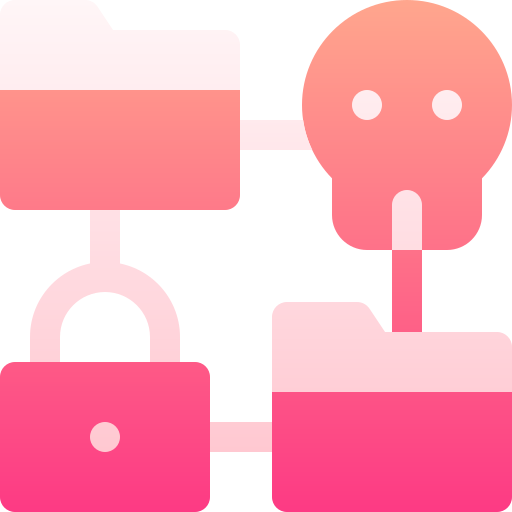
Secure your applications with Laravel’s authentication system. Implement login, registration, and password reset functionality. Learn about Gates, Policies, and role-based access control for complex permission systems.
Key Topics: Auth scaffolding, Gates and Policies, middleware protection, password security.
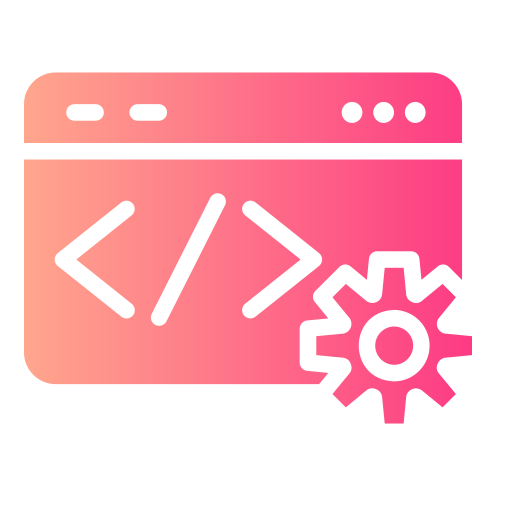
Master the 10 essential best practices for building production-ready APIs. Learn naming conventions, authentication, rate limiting, error handling, and documentation strategies used by professional developers.
Key Topics: RESTful design, API Resources, rate limiting, error handling, versioning
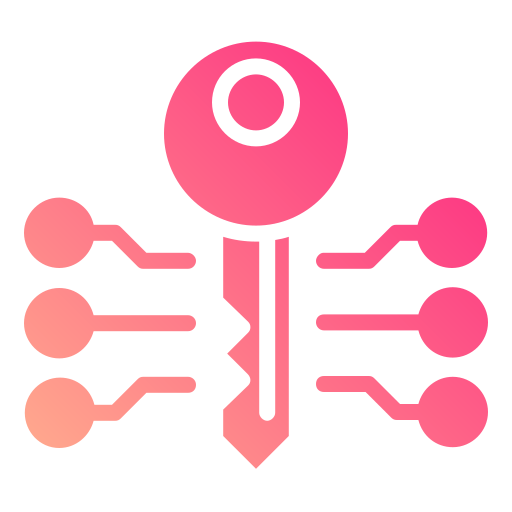
Choose the right authentication method for your API. Understand when to use lightweight Sanctum for SPAs and mobile apps versus full OAuth2 Passport for enterprise applications.
Key Topics: Token authentication, OAuth2, API security, multi-device support
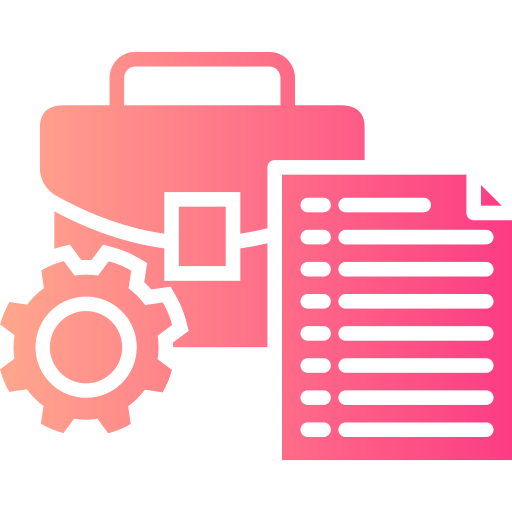
Keep your APIs fast by offloading heavy tasks to background workers. Learn to implement queues for email sending, image processing, and report generation without blocking user requests.
Key Topics: Queue configuration, job creation, async processing, delayed jobs
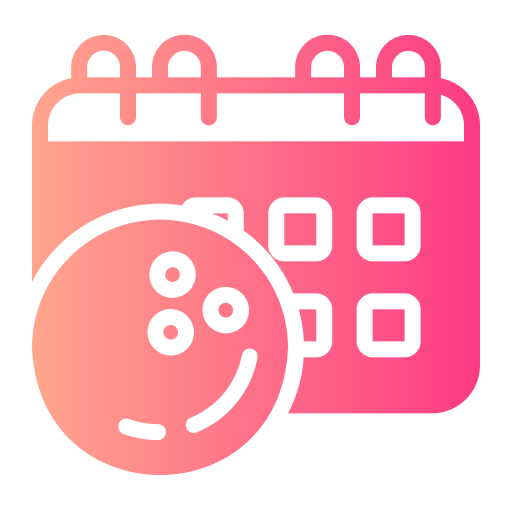
Build modular, maintainable applications with Laravel’s event system. Decouple business logic by firing events and attaching multiple listeners for complex workflows.
Key Topics: Event-driven architecture, listeners, queued listeners, observers
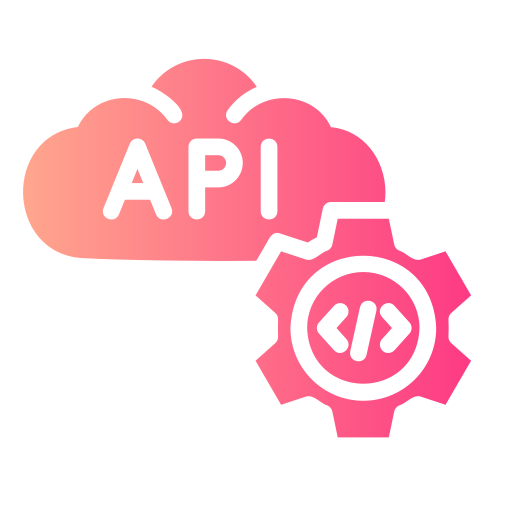
Build powerful REST APIs that serve SPAs, mobile apps, and third-party integrations. Learn API routing, JSON responses, resource transformations, and versioning strategies.
Key Topics: API routes, JSON responses, Resources, pagination, versioning.
Your Learning Path
For Absolute Beginners
Start with PHP Basics → Common Myths → OOP Concepts → Error Handling → Sessions & Cookies → Why Laravel
For Laravel Beginners
Start with Why Laravel → MVC Architecture → Routing & Middleware → Eloquent ORM → Blade Templating
For API Developers
Focus on Laravel as API Backend → Passport vs Sanctum → Queues & Jobs → Events & Listeners → REST API Best Practices
What Makes This Guide Different?

✅ Complete Learning Path: Structured progression from basics to advanced concepts
✅ Real-World Examples: Practical code you can use in actual projects
✅ Interview Ready: Common questions and answers included in every tutorial
✅ 2025 Updated: Covers PHP 8+ and latest Laravel features
✅ Project Ideas: Mini-projects to reinforce your learning
✅ Best Practices: Industry-standard coding patterns and security measures
Start Your Journey Today
Whether you’re building your first web app, preparing for interviews, or transitioning to Laravel from another framework, this comprehensive guide provides everything you need. Each tutorial builds on previous concepts, creating a smooth learning curve from PHP fundamentals to advanced Laravel features.
Ready to become a professional PHP and Laravel developer? Start with and work your way through the complete series.
Pro Tip: Don’t just read—code along! Create a practice project and implement concepts from each tutorial as you progress. By the end of this series, you’ll have built multiple functional applications and gained the confidence to tackle real-world development challenges.
